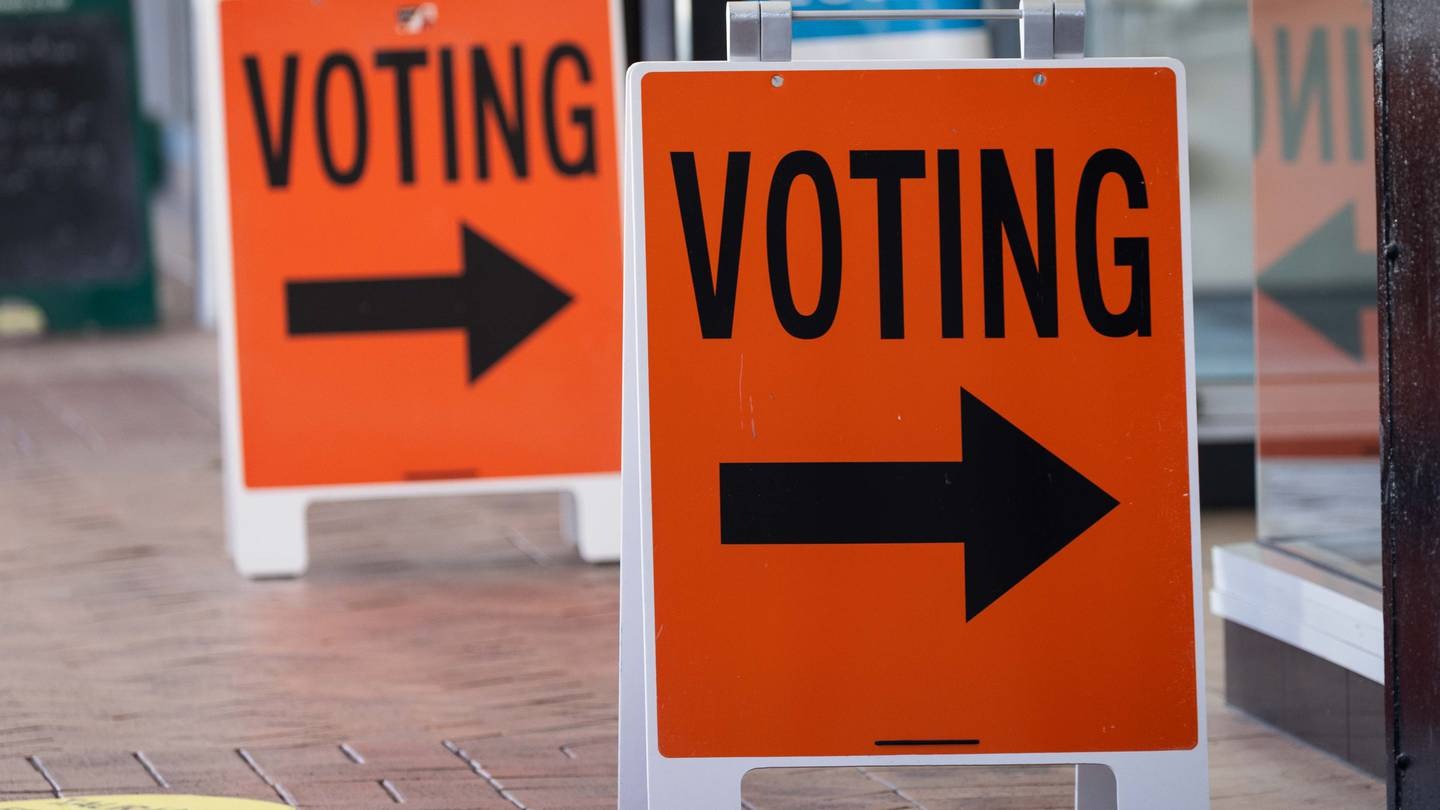Politics
Government Ends Same-Day Voter Enrollment, Sparking Controversy

The Australian Capital Territory (ACT) Government has announced the elimination of same-day voter enrollment, a move that has generated significant debate regarding voter engagement and access. This decision will come into effect ahead of the next election, scheduled for March 2024, and has raised concerns about its potential impact on participation rates.
Critics argue that same-day enrollment is crucial for fostering civic engagement. In the last election, approximately 110,000 people utilized this option, allowing them to participate in the democratic process despite last-minute preparations. Commenting on the change, ACT MP Todd Stephenson stated, “It’s outrageous that someone completely disengaged and lazy can rock up to the voting booth, get registered there and then, and then vote to tax other people’s money away.” This perspective, however, overlooks the value of making voting accessible to those who may otherwise not participate.
The government’s rationale for this policy shift is to expedite the counting of votes and deliver results more quickly. Officials contend that this change will allow politicians to begin coalition negotiations sooner. Yet, electoral law expert Graeme Edgeler challenges this argument, noting that elected officials could commence discussions even before all votes, including special votes, are tallied. He remarked, “the time delay just doesn’t seem like a particularly good reason for this.”
Debate on Voter Rights for Prisoners
Another significant change proposed by the ACT Government is the complete ban on voting rights for prisoners serving sentences of less than three years. This proposal is part of a broader shift to reverse policies implemented by the previous Labour Party administration. Critics, including former Parole Board head Sir Ron Young, argue that maintaining voting rights for this demographic could enhance rehabilitation efforts. Young highlighted that prisoners who serve shorter terms often face higher reoffending rates due to limited opportunities for rehabilitation.
Advocates for prisoner voting rights assert that allowing individuals to participate in elections fosters a connection to the outside community and promotes civic responsibility. The argument against this policy change centers on the idea that denying the vote to prisoners does not protect societal interests and, in fact, may further alienate them from constructive engagement.
As the ACT Government pushes forward with these electoral reforms, the implications for voter participation remain a pressing concern. By removing same-day enrollment and restricting voting rights for certain populations, the government risks disenfranchising thousands of potential voters. The focus should shift towards creating systems that support greater electoral access rather than implementing barriers that may hinder democratic participation.
Stakeholders from various sectors, including political analysts and advocacy groups, will closely monitor these changes as the March elections approach. The ongoing dialogue surrounding these policies highlights the importance of balancing electoral integrity with the need for inclusive participation in democracy.
-

 World3 months ago
World3 months agoTest Your Knowledge: Take the Herald’s Afternoon Quiz Today
-

 Sports3 months ago
Sports3 months agoPM Faces Backlash from Fans During Netball Trophy Ceremony
-

 Lifestyle3 months ago
Lifestyle3 months agoDunedin Designers Win Top Award at Hokonui Fashion Event
-

 Sports3 months ago
Sports3 months agoLiam Lawson Launches New Era for Racing Bulls with Strong Start
-

 Lifestyle3 months ago
Lifestyle3 months agoDisney Fan Reveals Dress Code Tips for Park Visitors
-

 Health3 months ago
Health3 months agoWalking Faster Offers Major Health Benefits for Older Adults
-

 World3 months ago
World3 months agoCoalition Forms to Preserve Māori Wards in Hawke’s Bay
-

 Politics3 months ago
Politics3 months agoScots Rally with Humor and Music to Protest Trump’s Visit
-

 Top Stories3 months ago
Top Stories3 months agoUK and India Finalize Trade Deal to Boost Economic Ties
-

 Entertainment3 months ago
Entertainment3 months agoExperience the Excitement of ‘Chief of War’ in Oʻahu
-

 World3 months ago
World3 months agoHuntly Begins Water Pipe Flushing to Resolve Brown Water Issue
-

 Science3 months ago
Science3 months agoNew Interactive Map Reveals Wairarapa Valley’s Geological Secrets









